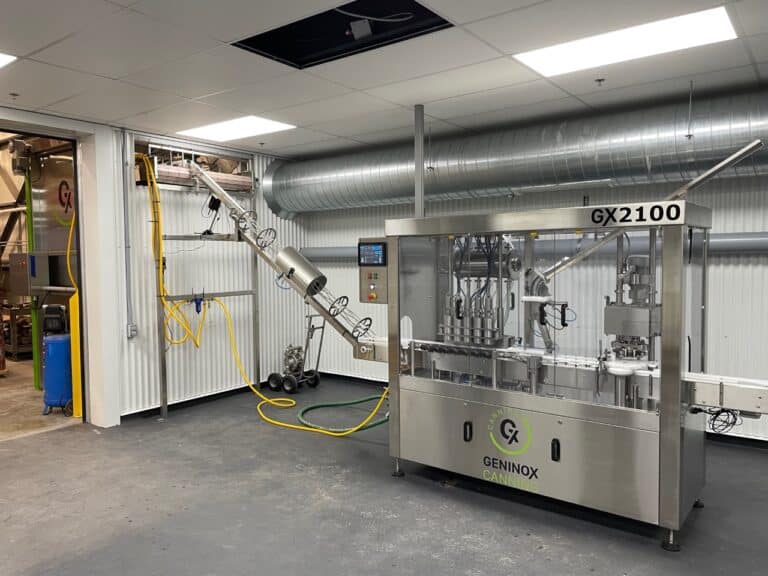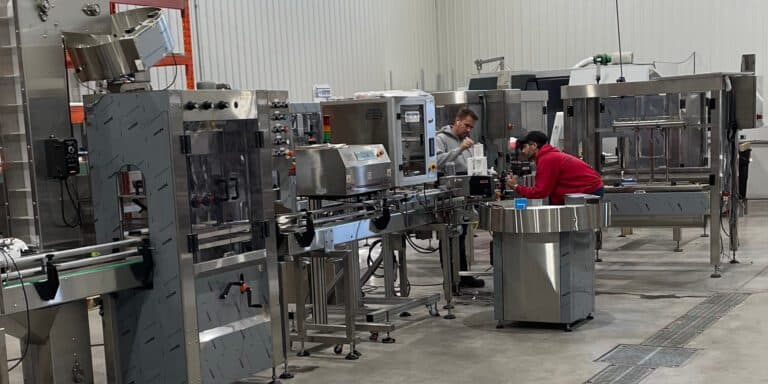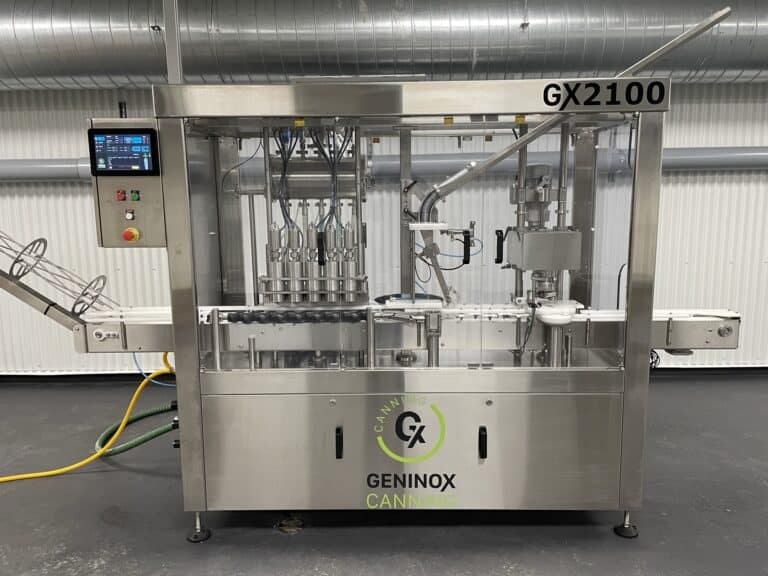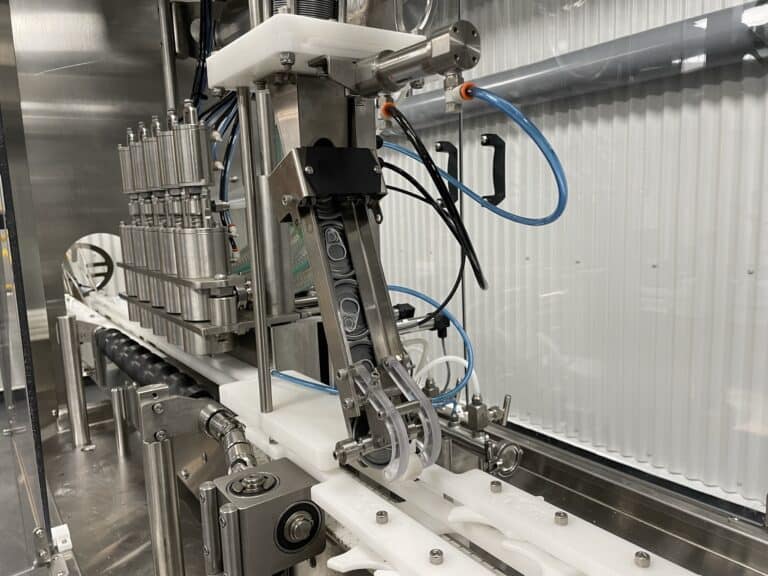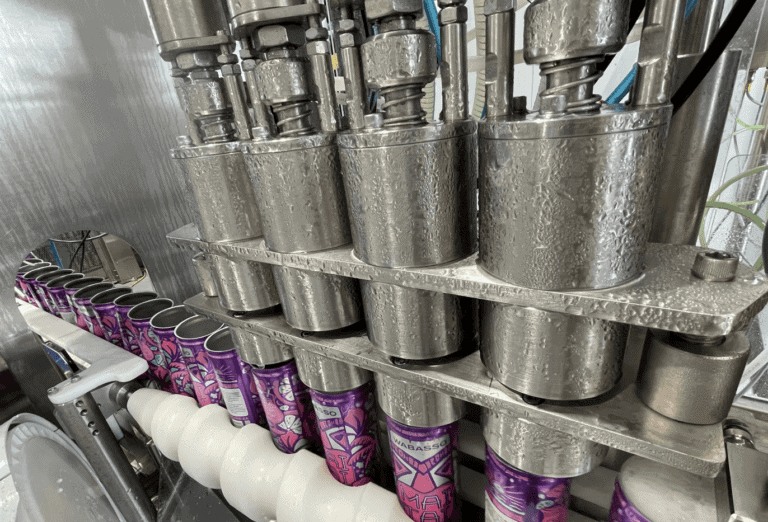12 Steps to Start a Beverage Company
Are you interested to start a beverage company? Starting any business is a daunting task, but with the right steps and plenty of determination, it can be an extremely rewarding experience. If you’re looking to venture into the world of beverages, here are 12 steps that will help get your business off the ground.
1. Research The Beverage Industry
Thorough research provides prospective beverage company owners with valuable information needed in order to create successful businesses that meet consumer demands while still standing out amongst competitors. Without taking time early on in the process to look at all aspects of the industry, there’s no guarantee that new ventures will succeed long-term.
When researching, potential entrepreneurs should focus on understanding key elements of this market, such as existing beverage companies, customer preferences, and the size of the local and nationwide beverage market. Additionally, they need to identify how the types of beverages they want to produce fit into the current landscape.
2. Identify Your Target Market
Understanding who will be buying your products is essential for the long-term success of your business. Having a clear idea of who your target audience is will help you find potential customers and create an effective marketing strategy for your product.
Here are some factors to consider:
- To try and figure out who would most likely buy or consume your product, you should look at demographics. Being aware of variables such as age group, income level, and geographical location will positively influence your sales strategies.
- Think about what types of drinks you want to offer. It’s important to consider both popular trends as well as tastes within the type of market you plan to enter. This may help you craft a wide range of beverages that can be attractive to different audiences.
- Customer feedback is key to understanding how best to reach and engage with current and new consumers alike. You can use surveys or social media polls to investigate why people might choose one drink over another or what other features they’d like in certain products. With this knowledge, you’ll be able to develop better strategies for future growth and expansion.
3. Create A Business Plan
A beverage company’s business plan should include a detailed description of the company’s products and target market, as well as a comprehensive analysis of the competition and the industry as a whole. It should also include a marketing strategy that outlines how the company plans to reach and attract customers, including advertising and promotional campaigns.
Additionally, the business plan should cover the company’s financial projections, including revenue forecasts, expenses, and cash flow projections. It should also outline any potential risks and challenges that the company may face, as well as strategies to mitigate them. Finally, the business plan should include information on the company’s management and operational structure, including roles and responsibilities of key personnel.
A business plan serves as a roadmap, guiding the entrepreneur towards their ultimate destination. Without a solid business plan, it is easy to get lost in the day-to-day operations and lose sight of the company’s long-term goals. Additionally, a well-drafted business plan can attract potential investors and lenders, as it demonstrates a clear understanding of the market, a feasible plan for growth, and a well-thought-out financial strategy.
4. Establish Your Brand
Your brand is the face of your company, and it represents your values, mission, and product offerings. Establishing your brand is achieved by creating a strong vision for your beverages that will guide the development of concepts and products. This is true for soft drinks, alcoholic beverages, concentrates, bottled water, or any other type of beverage product.
By creating a strong brand, you can differentiate yourself from other beverage companies and communicate your unique selling points to your target audience. This can help you attract and retain customers who are passionate about your brand and willing to pay more for your products. In addition, establishing a consistent brand identity can help you build trust and credibility with your customers, which is crucial for long-term success in the competitive beverage industry.
5. Secure Funding
To ensure future growth and profitability, it’s important to secure sufficient funds before launching your beverage startup business. Raising the right amount of capital will make it easier to pave the way to the production and sale of beverages. You must also consider factors such as acquiring a suitable beverage production machine, securing appropriate business insurance policies, or even compensation insurance and commercial property insurance depending on the nature of your operations.
How Can The Risk Of Contamination During Liquid Canning Be Minimized?
6. Select A Location
Selecting a location for your beverage company is crucial because it can greatly impact the success of your business. The location will determine the accessibility, visibility, and convenience for your customers, suppliers, and distributors. You need to consider the demographic and psychographic profile of your target market to ensure that you are in a location where they can easily reach you.
The cost of labor, rent, and utilities is also a significant factor that can affect your profitability. Additionally, you need to comply with the local regulations and obtain the necessary permits and licenses for your beverage business. Therefore, it is important to do thorough research and analysis before selecting a location for your beverage company.
7. Develop A Production Process
Beverage companies should develop a production process to ensure that the product is consistent in quality, taste, and appearance. A well-developed production process helps to minimize errors during production, reduce wastage, and increase efficiency. It also helps to identify potential hazards and risks in the production process, thus enabling the company to implement proper safety measures.
Furthermore, a well-developed production process helps to reduce production costs and increase profits, which is essential for the long-term sustainability of the company. From procuring raw materials to using the latest technology for packaging and delivery, every detail needs careful planning for your new beverage company to succeed.
8. Hire Employees
You want every member of your team to be passionate about what they do and how it contributes to building momentum toward achieving long-term objectives. Investing in the right employees will help ensure your beverage company has a solid foundation from which it can grow into something bigger and better.
Here are some things to consider when hiring employees:
- Ongoing expenses: Ensure you have enough financial support to pay salaries on time;
- Solid foundation: Hire people who share your vision and values so they help build a strong base for the company’s future;
- A clear plan: Make sure each new employee understands their role in helping reach your goals.
9. Source Suppliers
You must take the time and do your research to find reliable partners that will meet all of your needs. Consider their reputation among customers and other businesses. Are they well-reviewed? Do they have experience dealing with similar projects as yours?
It’s advisable to create an agreement with each supplier outlining expectations from both sides. This allows everyone involved to know exactly what is expected from them so there won’t be any surprises later on. Plus, having written agreements makes it easier to resolve potential disputes without needing legal recourse.
Don’t forget to ask questions about their policies regarding returns, refunds, cancellations, etc., before signing any contracts. This helps ensure you get what you pay for and aren’t left out of pocket due to unexpected issues down the line.
Here are a few things to keep in mind when sourcing potential suppliers:
- Quality: You want suppliers with a proven track record of providing quality ingredients or products;
- Delivery speed: Timely delivery is essential if you plan on maintaining customer satisfaction and meeting deadlines;
- Cost: Find suppliers that offer competitive pricing;
- Flexibility: Look for vendors that allow customization and modifications to ensure they meet your unique specifications.
10. Set Up Your Online Presence
Creating an effective and engaging digital presence will provide you with a great foundation from which to launch your beverage company. Taking advantage of the various online tools available will help ensure success by reaching a wider audience and building trust with potential customers.
It’s important to choose the right platforms and make sure they look professional, as this will be one of the first things people see when they learn about your business. Your website should include clear information on what services you offer, how customers can contact you, and any additional resources or content that may be useful. You might also consider setting up social media accounts for your business, this way potential customers can easily find out more about your products and services.
When creating your online presence, think carefully about what image you want to portray. Make sure all branding elements are consistent across platforms and visuals are appealing yet appropriate for the industry. Additionally, having regularly updated content such as blog posts or newsletters keeps people informed while helping build customer relationships.
11. Buy Canning Equipment And Test Your Product
Investing in canning equipment can be a significant decision for any business involved in the food or beverage industry. With so many options available, it’s essential to consider several factors before choosing the equipment that best suits your needs.
- Production capacity: One of the first things to consider when investing in canning equipment is your expected production capacity. Be sure to choose equipment that can handle the volume of cans you plan to fill. Choosing the wrong equipment could result in bottlenecks in your production and ultimately cost you money.
- Automation: Another key factor to consider when investing in canning equipment is the level of automation you require. Automated equipment can fill cans more quickly and accurately than manual equipment, but it may come at a higher cost. However, the investment may be worth it in the long run, as it can lead to increased productivity and reduced labor costs.
- Maintenance and service: When investing in canning equipment, it’s also essential to consider the maintenance and service requirements of the equipment. Choose equipment that is easy to clean, maintain, and repair. It’s also a good idea to research the reputation of the equipment manufacturer and choose a company with a proven track record of providing reliable equipment and excellent customer service.
- Compatibility: Before investing in canning equipment, make sure it is compatible with the type of cans you plan to use. For example, some equipment may only be compatible with specific sizes or types of cans. Check with the equipment manufacturer to ensure that the equipment you choose is compatible with your canning needs.
- Cost: Of course, cost is a significant factor when investing in canning equipment. It’s essential to choose equipment that fits within your budget while still meeting your production needs. Keep in mind that lower-priced equipment may not always be the best option if it doesn’t meet your production capacity or automation requirements.
The important things to look for in a canning machine
12. Begin Promotion And Distribution
Once you’ve invested in the right canning equipment, it’s time to start promoting and distributing. This is a key step toward getting your business off the ground.
Key aspects when beginning this process include:
- Developing an effective marketing campaign;
- Finding reliable distributors;
- Building relationships with retailers.
These tasks will require some effort, but they’re essential for helping reach potential customers and building awareness about your product. Additionally, having a good relationship with distributors and retailers could open up opportunities for future growth.
Shop for high-quality canning equipment
If you want to start a successful beverage enterprise, then acquiring the right machinery for the job is a must. At Geninox Canning, we are ready to provide you with the best manufacturing systems to get your beverage production company up and running.


